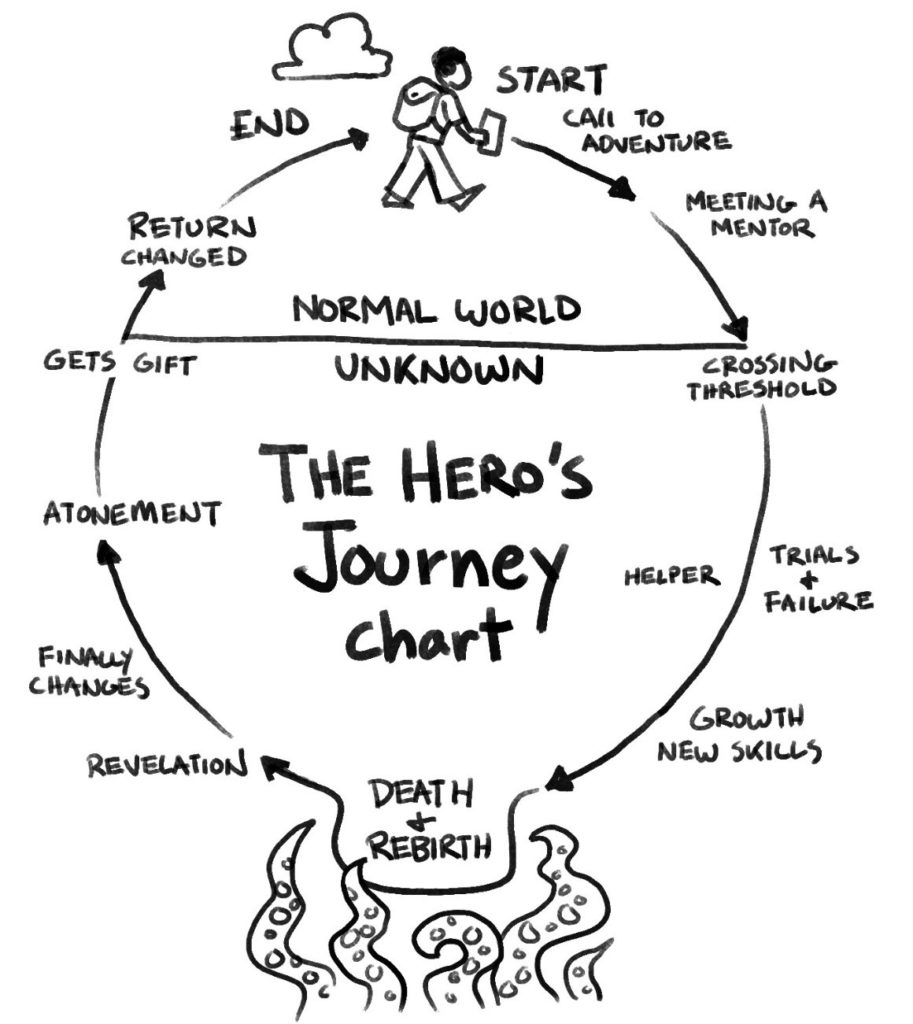More on the Art of Devotion and It’s Impact
In the previous post by Daniel Christensen, we touched on a variety of ways to practice invocation, and I’d like to dig a little deeper into some methods for approaching this as a ceremonial magician.
I am going to begin by recommending a study of ASTARTE vel Liber BERYLLI sub figura CLXXV. This is an excellent series of instructions for devotion to deity. It may seem deeper than a ritualist is likely to dive prior to celebrating one of The Rites of Eleusis, particularly if you are planning to start with a dramatic reading of the script, but as with any discipline, it is a matter of learning the rudiments first. I certainly do not intend to intimate that doing all of Liber ASTARTE is a prerequisite to studying or performing The Rites of Eleusis. Rather, it is a series of instruction of how to dive deepest into the material, and as such it is a excellent way to gauge the stages of your process in the work.
Being aware of how this material can be approached by stages, and not allowing oneself to be overwhelmed by the magnitude of a task, is of greatest practical merit when getting started. Don’t try to do all the steps at once, but acquaint yourself with the steps, and apply your creativity in following them. In the beginning, a little goes a long way!
As an aside, in Liber ASTARTE Crowley presents some very clear guidelines for devotional work, and I recommend that those with limited experience with invocation adhere to those guidelines. There is a tendency to want to experiment in the early stages, and it is the easiest way to develop poor habits. I know that this sounds odd coming from the guy who says, “Drive it like you stole it!”, but practically speaking, in order to drive it like you stole it you will need to know how to start your engine!
By way of further analogy, a musician who has practiced scales, learned theory, and studied their craft can appear to break all manner of rules when improvising. But this is the way an untrained mind views mastery. In truth, the musician has learned when it is permissible and desirable to depart from the standard modes of play in order to evoke a nuanced emotional response in the listener. By contrast, a beginner seeing this virtuosity could seek to emulate it without understanding any of the nuance, and this will simply result in making a frightful noise.
All this is to say: Avoid taking shortcuts in your personal work. You are working on yourself, as a person. The last thing you want to do is short-change yourself!
Here I would like to deviate from Invocation and talk about Integration.
In mythical sotries we have heard the tale of the Titan Prometheus, who defied Zeus and stole fire from the Gods in order to give it to humanity. There is a strong parallel between the narrative of this story, and the experience of invocational magicians, including a dire warning about the repercussions of such a course of action.

Joseph Campbell describes this narrative in terms of the Hero’s Journey in his work “The Hero with a Thousand Faces”. The Hero’s Journey is an archetypal story pattern, common in ancient myths as well as modern day adventures. This is also the story of every magician who embarks upon this work.
Invocational work touches something within the practitioner that is trans-personal. This force, once awakened, must be integrated back into the world. By trans-personal I mean to say that it relates to a primal motivation rather than to a particular set of circumstances. In the same way that hunger, or frustration, or desire are all things we experience relating to different phenomena, but the essence of these impulses is experienced by humans, primates, and really most living things in one manner or another. These are the titanic forces that dwell in the unconscious, in the unknown, to surface in moments of tension. During the course of our exploration we come to awaken these forces within ourselves.
When we work directly with these forces; when we anthropomorphize them, interact with them, love them, hate them, fight them, fuck them, we bring them into our world. We bring these living archetypes back to our day to day lives, like Prometheus carrying the flame to mankind. This challenges our preconceptions and changes our view of the world. It is force and fire, and it will impact our lives in profound ways. We discover treasures. We discover monsters. And often we discover how easily these Gods can throw us off balance, dazzle us with glamour and make us monstrous in the process.
This is precisely why we need to integrate our work into our lives, rather than try to compartmentalize it. Journal about it. Look for ways that it is informing your daily life. Paint, or sculpt, or blog. If you are me, write songs about it. Find the places where there is a sympathy between the work you are doing and the life you are living and make a space there.
Because any work you do with intention will result in energy. That energy will be seeking it’s “ground”. Provide a path for it to follow. Make space for the lightening to strike, and know that it will. One does not seal such Holy fire in a jar, one makes a space for it to shed it’s light, and breathe the air, and offer it material upon which it may feed and work.
This is what I mean by integration, finding a fitting altar for Prometheus to set his fire.
I was a little uncertain about how to end this post, and fortune smiled upon me.
AS I am writing this Solsbury Hill is playing in the next room.
“To keep in silence I resigned
My friends would think I was a nut
Turning water into wine
Open doors would soon be shut
So I went from day to day
Though my life was in a rut
‘Til I thought of what I’ll say
Which connection I should cut…”
Peter Gabriel wrote this song about the alienation he felt after a spiritual experience. This is a part of the Hero’s Journey as well. The loneliness one will partake of, being an alien in the material world, after seeing the Heavens and conquering the Hells.
Quoting the singer about the song: “It’s about being prepared to lose what you have for what you might get … It’s about letting go.”
